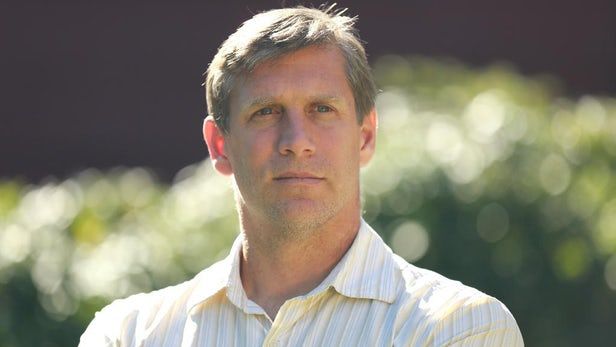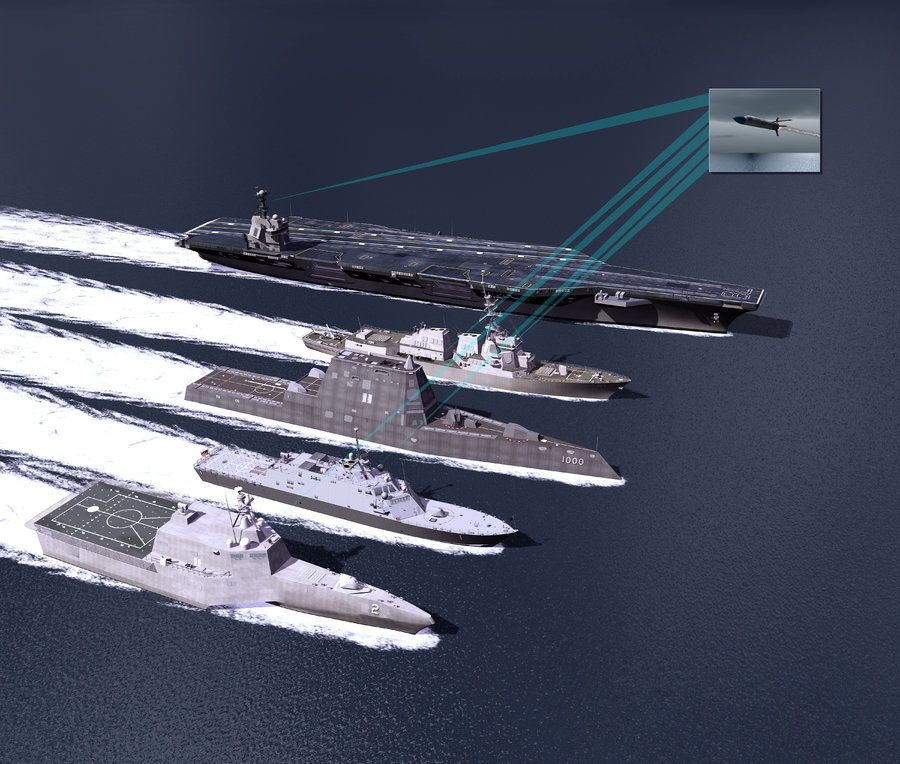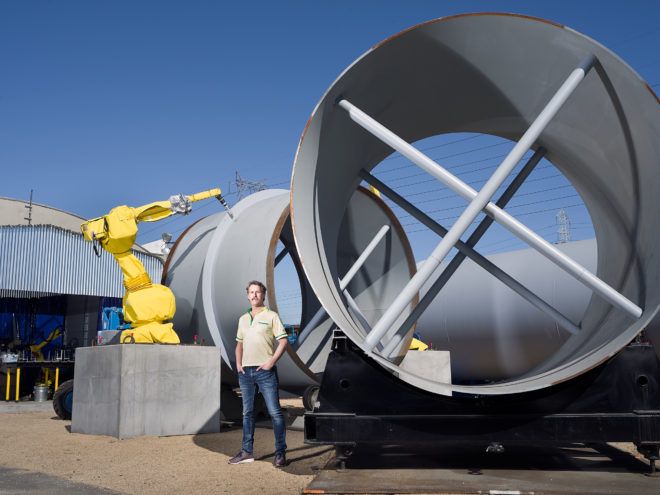Last week, the US Patent and Trademarks Office ruled on the most-watched patent proceeding of the 21st century: the fight for Crispr-Cas9. The decision was supposed to declare ownership of the rights to the revolutionary gene editing technique. But instead, the patent judge granted sorta-victories to each of the rival parties—a team from UC Berkeley and another with members from both MIT and Harvard University’s Broad Institute. That’s great for those groups (and their spin-off, for-profit gene editing companies with exclusive licenses). But it leaves things a bit murkier for anyone else who wants to turn a buck with gene editing.
The Crispr discoverers now have some authority over who gets to use Crispr, and for what. And while exclusive licenses aren’t rare in biotech, the scope of these do stand out: They cover all the 20,000-plus genes in the human genome. So this week, legal experts are sending a formal request to the Department of Health and Human Services. They want the federal government to step in and bring Crispr back to the people.
Crispr is new, but patent laws governing genetic engineering date back decades. In 1980, shortly after the Supreme Court ruled that genetically engineered microbes were patentable, Congress passed something called the Bayh-Doyle Act. The law gives permission for universities to patent—and license—anything their researchers invented with public funds, making it easier to put those inventions back in the hands of citizens.








